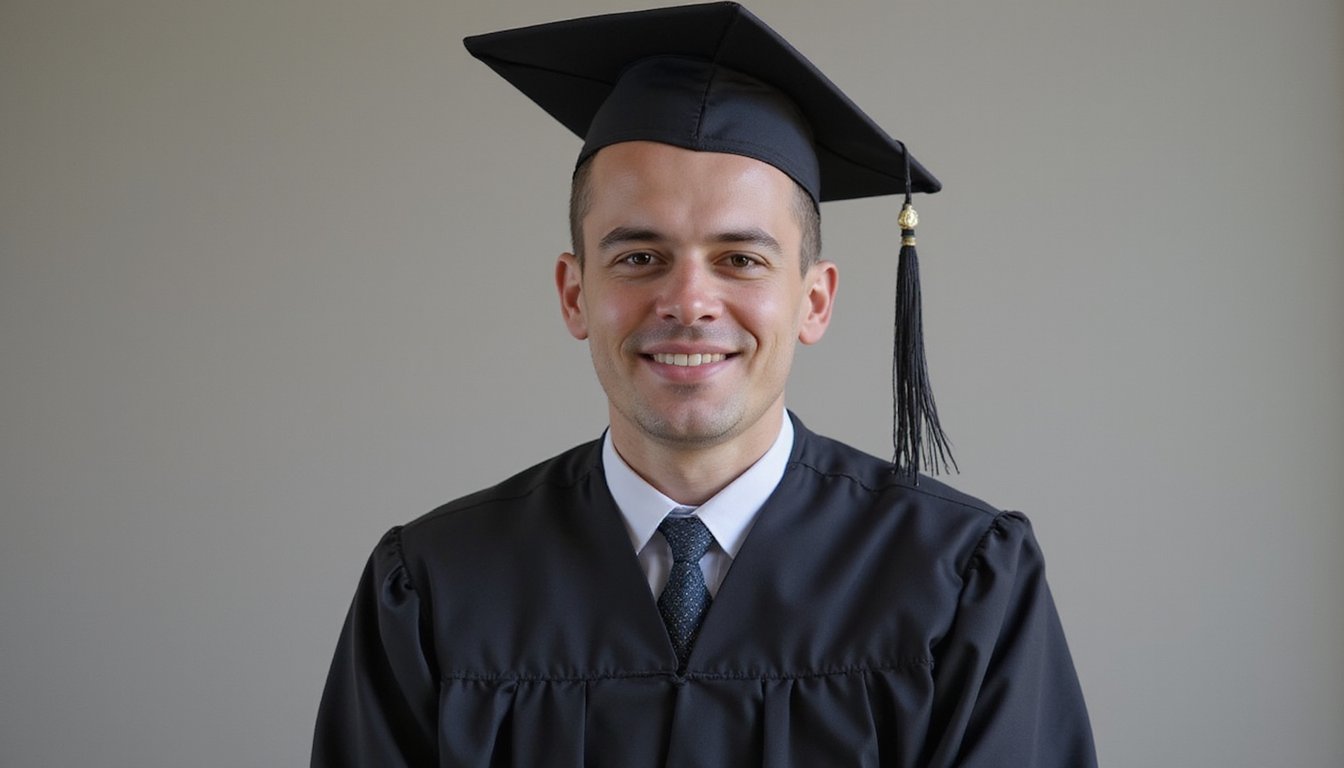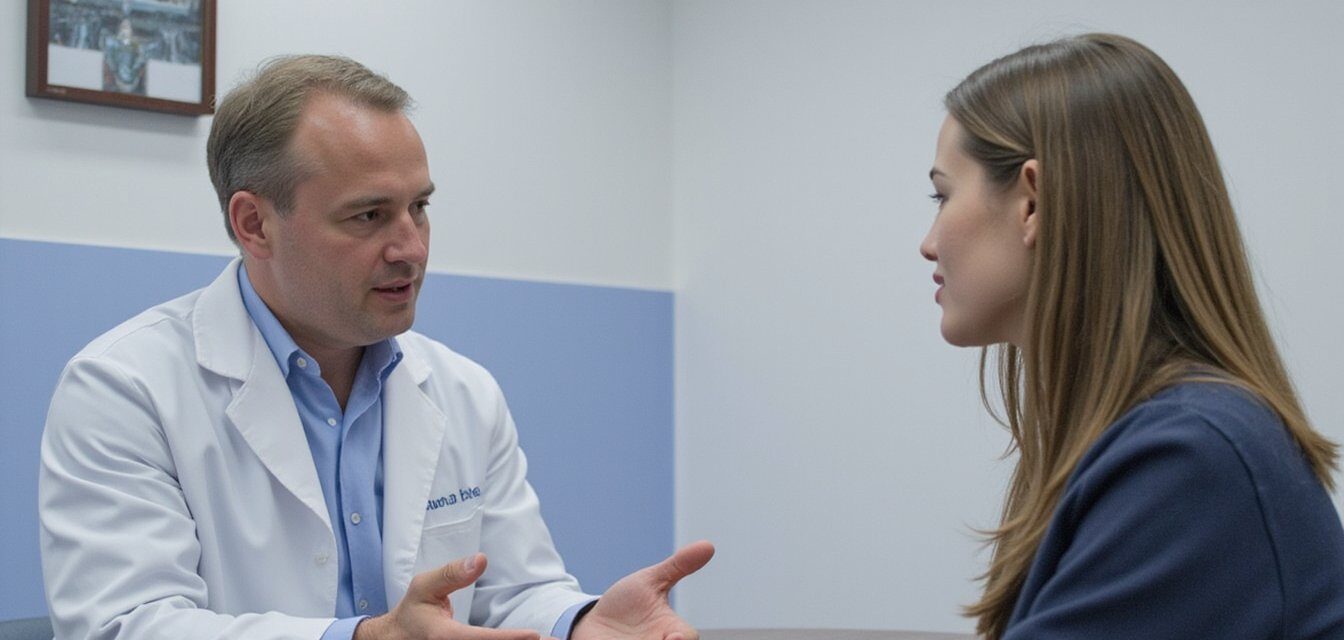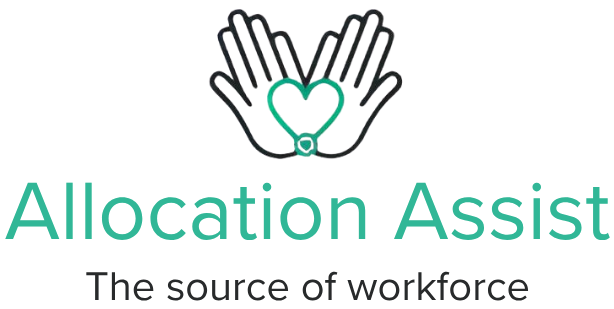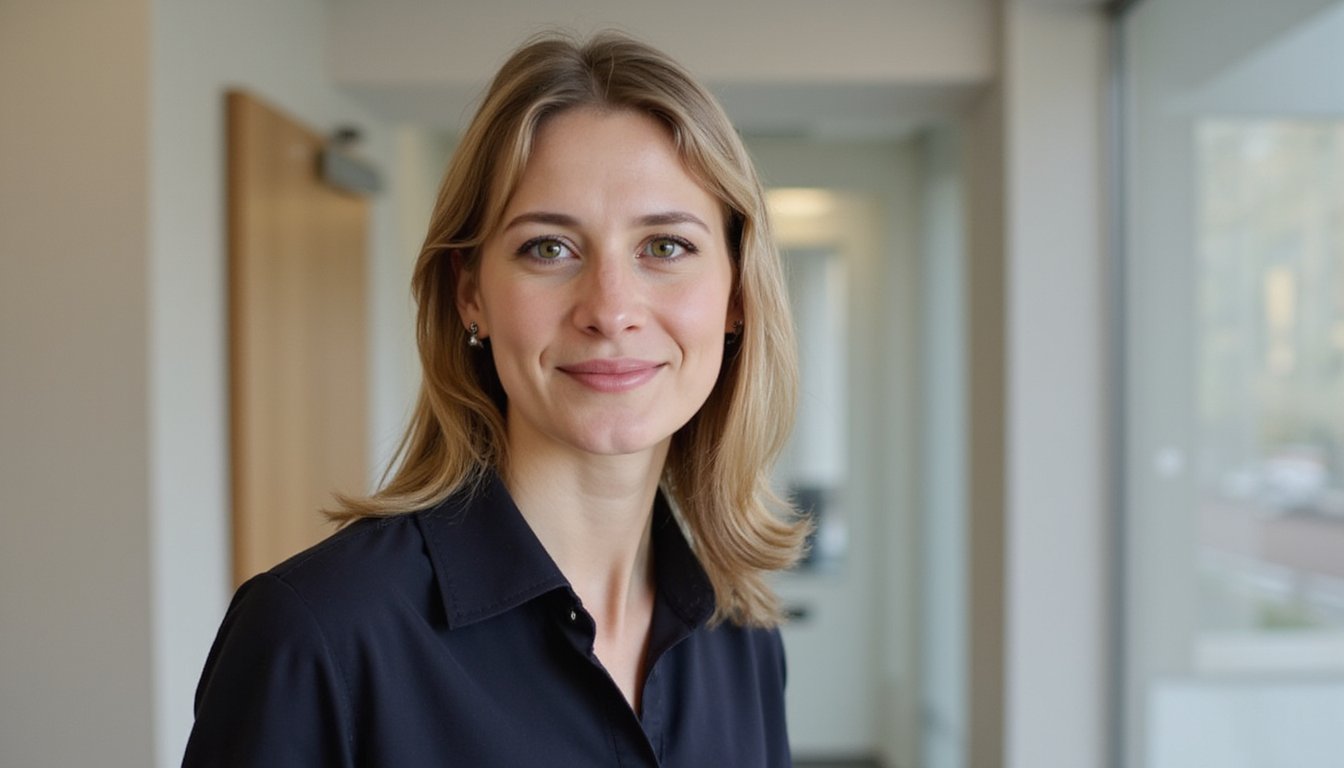You’ll need a medical degree and completion of a five-year otolaryngology residency program that covers pediatric ENT, otology, rhinology, and head-neck surgery. For Dubai practice, you must obtain either a Dubai Health Authority (DHA) license for private sector work or Ministry of Health (MOH) qualification for public facilities. Both require Primary Source Verification through Dataflow, Good Standing Certificates, surgical logbooks, and successful completion of extensive examinations. Your credentials must demonstrate proficiency in medical-surgical ENT management, and all documentation needs proper authentication and translation standards for the detailed application process ahead.
Essential Medical Degrees and Specialist Training for ENT Practitioners

Following your medical degree, you’ll complete a 5-year otolaryngology residency program accredited by bodies like the Arab Board of Health Specializations. This training encompasses medical and surgical management of ENT conditions, including rotations in pediatric otolaryngology, otology, rhinology, and head and neck surgery. Dubai’s healthcare system acknowledges recognition of foreign degrees when properly certified by relevant international boards.
Licensing Requirements From Dubai Health Authority and Ministry of Health
You’ll need to navigate two distinct licensing pathways to practice as an ear specialist in Dubai: the Dubai Health Authority (DHA) license for private sector practice and the Ministry of Health (MOH) qualification for public healthcare facilities. The DHA application process requires a 200 AED registration fee, self-assessment submission through the Sheryan Portal, and completion of specialty-specific computer-based testing through Prometric, with potential oral assessments for Otolaryngology-ENT practitioners. Your license remains valid only through adherence to renewal protocols and continuous compliance with professional standing requirements, including maintaining a Good Standing Certificate no older than six months. Upon successful completion of all requirements, your DHA registration is valid for one year and must be activated by a healthcare facility before you can begin practicing. The examination process incorporates biometric fingerprint capture as a mandatory identification requirement for all DHA exam candidates. Specialists must demonstrate five years of experience as consultants to meet the DHA eligibility criteria for practicing in Dubai’s healthcare sector.
DHA License Application Process
Before you can practice as an ear specialist in Dubai, you must obtain a mandatory license from the Dubai Health Authority (DHA), which serves as the regulatory body overseeing all healthcare professionals operating within the emirate. You’ll initiate your application through DHA’s official portal “Sheryan,” where you’ll submit required documentation including passport copies, recent photographs, and your Good Standing Certificate issued within six months.
Your credentials undergo Primary Source Verification (PSV) through Dataflow, ensuring compliance with DHA’s Professional Qualification Requirements. You must provide surgical logbooks covering your last two years of practice and demonstrate English proficiency if your education wasn’t English-based. Application fees vary by specialty level, and you’ll need sponsorship requirements fulfilled through a local healthcare employer. The assessment may include specialty-specific Computer-Based Testing before final approval. After passing the exam and completing Dataflow verification, you’ll receive an eligibility letter that allows you to begin your job search in Dubai. Additionally, you’ll need to pay a knowledge fee of AED 10 and an innovation fee of AED 10 as part of the licensing process.
MOH Qualification Exam Requirements
While the DHA license governs your practice within Dubai’s healthcare facilities, you must also navigate the Ministry of Health and Prevention (MOHAP) examination framework if your qualifications fall outside Tier 1 or Tier 2 recognized institutions. The MOH competency assessment comprises multiple-choice questions covering otolaryngology core domains: anatomy, physiology, diagnosis, and advanced procedures, including vestibular disorders and pediatric otolaryngology. You’ll encounter clinical scenarios testing your proficiency in current treatment protocols and research-based guidelines. Tier 3 candidates require additional post-specialty experience, three years for non-UAE nationals, one year for UAE nationals. You must submit specialty certificates, authenticated transcripts, and a Certificate of Good Standing (valid within six months). Language proficiency requirements may apply alongside CME credits demonstrating continuous professional development. Non-listed qualifications undergo case-by-case regulatory committee review. Candidates should verify their active DHA licence status through the official DHA Sheryan portal to ensure compliance with all regulatory requirements.
License Renewal and Compliance
Maintaining your DHA license requires strict adherence to renewal timelines and documentation standards that directly affect your legal authority to practice otolaryngology in Dubai. Your license expiration can’t exceed six months when submitting renewal applications, and you’ll need Good Standing Certificates issued within the last six months from every jurisdiction where you’ve held registration. Document organization becomes critical as you compile Primary Source Verification reports, DataFlow authentication, and surgical logbooks covering your last two years of procedures. All documents must be submitted in English or Arabic, with official translations required for any credentials issued in other languages.
Supporting credentialing requirements include:
- Your professional reputation hangs on clean licenses showing zero disciplinary actions or criminal proceedings
- Six-month delays mean lost income and potential employer contract violations
- Missing GSC deadlines forces complete re-application through the entire credentialing process
- Expired verification documents trigger automatic application rejection without appeal options
Monitor your Sheryan portal status continuously. The DHA License Exam serves as the mandatory assessment to confirm your clinical competence and ethical standards before you can legally practice in Dubai’s healthcare system.
Clinical Experience and Surgical Competency Standards
Establishing your credentials as an ear specialist in Dubai demands rigorous clinical experience that meets the emirate’s stringent healthcare standards. You’ll need a minimum of three years post-qualification experience in ENT or Otolaryngology practice within hospital or clinical settings, with no more than twelve months of interruption to maintain current competency. Your surgical proficiency must encompass core procedures, including septoplasty, tonsillectomy, tympanoplasty, and endoscopic sinus surgery, alongside advanced otology subspecialty skills. Manual dexterity and excellent hand-eye coordination are essential for intricate microsurgical interventions. You’re expected to maintain surgical competency through continuous professional development, attending CME events and workshops. Compliance with quality assurance protocols guarantees optimal patient outcomes, whilst research opportunities enhance your professional standing within Dubai’s evolving healthcare landscape. Dubai’s healthcare facilities provide access to cutting-edge technology that enables specialists to deliver high-quality, patient-centered care. Aspiring ENT specialists must complete residency programs lasting 4-5 years depending on the specific specialty focus and training requirements established by Emirates Health Services. All applicants must hold a medical degree from a recognized institution to be considered for ear specialist positions in Dubai.
Communication Skills and Professional Attributes for Patient Care

As an ear specialist in Dubai’s multicultural healthcare environment, you’ll need excellent communication skills to collaborate effectively with audiologists, speech therapists, radiologists, and nursing staff while coordinating complex treatment plans. Your ability to educate patients clearly about conditions like otosclerosis, cholesteatoma, or cochlear implant candidacy directly impacts treatment adherence and outcomes. You must also counsel patients and their families through difficult diagnoses, ensuring they understand procedural risks, recovery expectations, and long-term management strategies while respecting cultural sensitivities prevalent in the UAE. Strong interpersonal skills enable you to build trust with patients while working effectively within multidisciplinary teams to deliver comprehensive care. Excellence in patient-centered outcomes requires balancing clinical expertise with compassionate communication that addresses individual patient needs and concerns.
Effective Multidisciplinary Team Collaboration
How can ear specialists in Dubai deliver ideal patient outcomes without robust collaboration across medical disciplines? You’ll need to actively engage in multidisciplinary team integration, working alongside audiologists, radiologists, speech therapists, and neurosurgeons through regular case discussions and joint clinics. Your care coordination must leverage centralized patient records and digital platforms for real-time communication, ensuring seamless information exchange.
Essential collaboration practices include:
- Participating in shared decision-making that respects diverse expertise and fosters mutual trust among specialists
- Maintaining standardized documentation and evidence-based protocols for uniform care delivery
- Conducting regular team briefings to address patient progress and overcome care challenges
- Implementing feedback loops to identify communication gaps and optimize patient handoffs
You’ll demonstrate accountability through continuous quality improvement initiatives and long-term multidisciplinary follow-up.
Patient Education and Counseling
Technical expertise in multidisciplinary settings requires equally refined communication abilities to achieve ideal patient outcomes. You’ll need proficiency in evidence-based counseling techniques that address cultural misconceptions and enhance treatment acceptance rates. Your patient education strategies must incorporate structured protocols that demonstrate improved compliance and patient satisfaction metrics.
Dubai’s healthcare standards mandate continuous medical education in communication methodologies, ensuring you maintain current competency in patient counseling. You’ll employ semi-structured interview techniques to understand patient perspectives and barriers to treatment uptake. Your training should include cost-effectiveness discussions, insurance reimbursement guidance, and coordination with audiologists and speech-language pathologists. Professional development in these communication frameworks directly correlates with referral frequency, treatment adherence, and clinical outcomes, essential competencies for practice in Dubai’s regulated healthcare environment.
Continuing Medical Education and Technology Proficiency
While clinical expertise forms the foundation of otologic practice, maintaining licensure and competitiveness in Dubai’s healthcare market demands sustained engagement with Continuing Medical Education (CME) and ongoing technology proficiency. The Dubai Health Authority requires regular CME/CPD participation, with ACCME-accredited or DHA-approved activities earning credits toward renewal. You’ll document certificates and reflective records through licensing portals, with platforms like UpToDate offering 0.5 CPD points per cycle.
Essential competencies include:
- Mastery of audiometric equipment, ABR, OAE, and vestibular diagnostics for precise patient assessment
- Advanced imaging interpretation of temporal bone CT/MRI for complex otologic pathologies
- Proficiency with oto-microscopes, endoscopes, and navigation systems during surgical intervention
- Integration of AI-assisted diagnostics and telemedicine into contemporary clinical workflows
You’ll benefit from ongoing mentorship programs and interdisciplinary research collaborations that enhance specialty-specific knowledge and global standards adherence.
Regional Healthcare Adaptation and Ethical Practice Standards

Successful otologic practice in Dubai extends far beyond surgical technique and diagnostic acumen; it requires strategic adaptation to regional epidemiology, regulatory frameworks, and the sociocultural dynamics of a multinational patient population. You’ll encounter high prevalence of chronic allergic rhinitis, sinusitis, and pediatric ear infections shaped by climate and consanguinity patterns. Proficiency in Arabic enhances patient rapport, while cultural diversity considerations demand tailored communication strategies across varied health literacy levels. You must align treatment protocols with UAE Ministry of Health standards, maintain primary-source credential verification, and participate in mandatory quality assurance programs. Ethical practice requires strict adherence to confidentiality, informed consent, and scope-of-practice boundaries. Engagement in community outreach programs addressing hearing screening and infection prevention demonstrates professional commitment to regional public health priorities and population-specific disease prevention strategies.
Frequently Asked Questions
What Is the Typical Salary Range for ENT Specialists in Dubai?
You’ll find average salary expectations for ENT specialists in Dubai range from AED 754,572 to AED 758,592 annually, with monthly compensation between AED 59,793 and AED 62,881. Competitive compensation packages vary based on your experience level, early career positions offer around AED 284,000, while mid-career specialists earn approximately AED 519,000. Your final package depends on qualifications, work setting, and additional benefits like housing allowances and medical insurance that Dubai healthcare employers typically include.
How Long Does the DHA License Application Process Usually Take?
The DHA license application process typically takes 4–8 weeks after you submit your documents. You’ll receive initial license application review feedback within 5 business days of complete submission. Document processing time includes 2–4 weeks for Primary Source Verification (PSV). However, if you submit incomplete documentation or require embassy attestation, expect delays beyond standard timelines. Most applicants receive approval within 2 months when all requirements are properly met.
Are There Sponsorship Opportunities for International ENT Doctors in Dubai?
Yes, you’ll find substantial visa sponsorship options for international ENT doctors in Dubai. Major public hospitals, private healthcare groups, and recruitment agencies routinely sponsor work visas for qualified foreign specialists. You must meet work visa requirements, including DHA licensure, WDOMS-recognized medical degree, English proficiency (IELTS 6+), and attested credentials. Priority goes to Western-trained, board-certified ENT specialists. Sponsorship packages often include relocation support, housing allowances, and dependent visas for consultant-level positions.
Which Hospitals in Dubai Actively Recruit Ear Specialists?
You’ll find active recruitment at King’s College Hospital Dubai, Aster Hospital Mankhool, Aster Cedars Hospital Jebel Ali, and Armada Hospital JLT, all tertiary healthcare centers offering specialized ENT services. ZIA Medical Center and Emirates Medical Center also post regular openings for DHA-licensed ear specialists. These facilities range from primary care facilities with outpatient ENT departments to advanced surgical centers. You’ll need board certification and valid Dubai licensure (DHA, MOH, or DOH) to qualify for these positions.
Can ENT Specialists Operate Private Clinics in Dubai?
Yes, you can operate a private ENT clinic in Dubai once you’ve obtained your DHA Specialist License. You’ll need to meet strict licensing requirements, including credential verification, residency completion, and facility approval. Private practice options allow you to provide all-encompassing otolaryngology services, though you must comply with UAE business ownership regulations, often requiring a local partner or free zone registration. Your clinic must maintain health standards and undergo regular inspections for continued operation.








